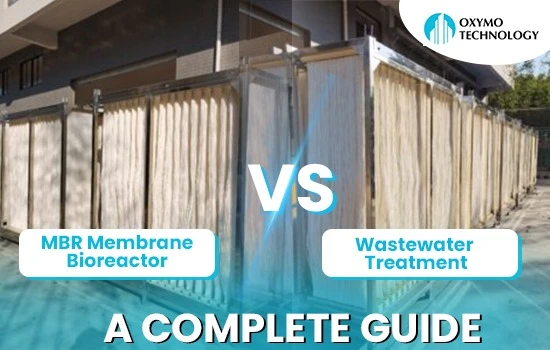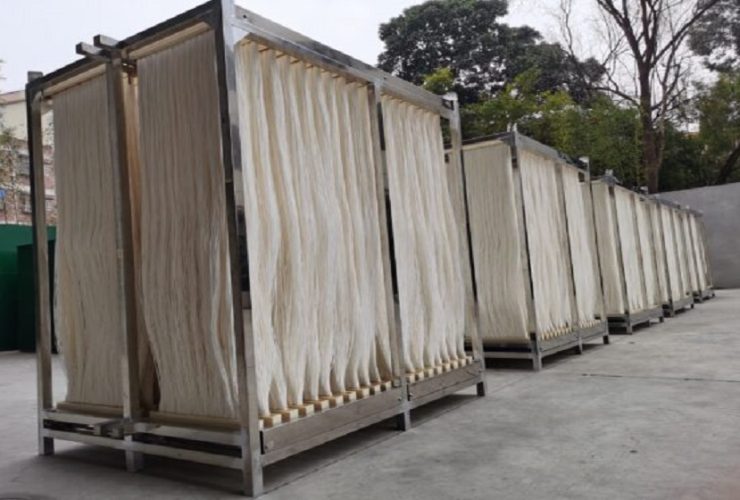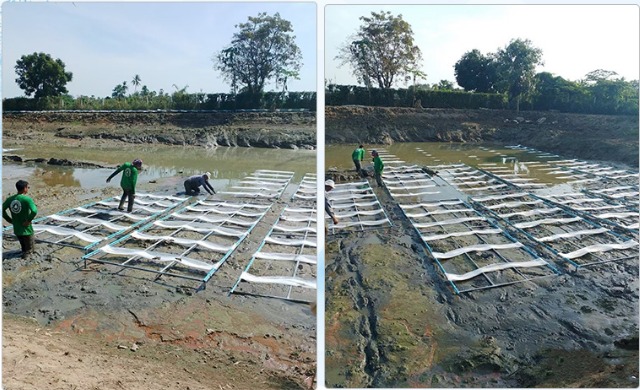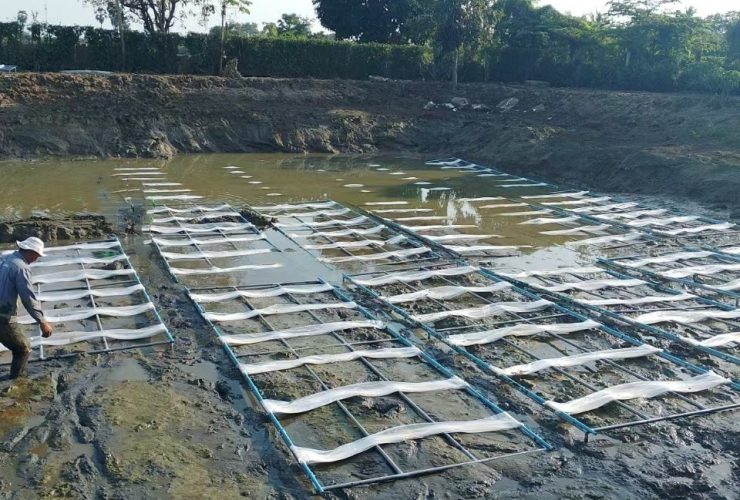MBR Membrane Bioreactor vs Wastewater Treatment: A Complete Guide
One of the most important things the world needs right now is clean water. Both individuals and companies rely on clean water systems, and the choice between MBR membrane bioreactor vs wastewater treatment plays a key role in ensuring safety for people and the planet.
The next question now is whether the membrane should be applied as a bioreactor or as a wastewater treatment option. The two methods purify the contaminated water, albeit, in a different manner and purpose.
This guide describes their working mechanism, their comparison, and assists you in selecting the appropriate one..
Overview of MBR Membrane Bioreactor vs Wastewater Treatment
They are both used for clean water, but they work differently.
Wastewater Treatment
It uses large tanks where waste falls, and bacteria help to break down the dirt. It is cheap and good to treat large amounts of water, but water may require additional cleaning if it is reused.
MBR Membrane Bioreactor
Uses bacteria and a special filter called a membrane. This filter also blocks very small particles and germs, so the water comes out of the cleaner very much. It takes less space but costs more to run.
Here is are Simple Comparison between MBR Membrane Bioreactor vs Wastewater Treatment
| Feature | Wastewater Treatment Plant | MBR Membrane Bioreactor (MBR) |
| Water Quality | Good, but may need extra steps for reuse | Very clean, ready for reuse |
| Land/Space Needed | Large space required | Small and compact |
| Operation | Easier to run, less complex | Needs skilled staff and monitoring |
| Cost | Lower to build and run | Higher to build and operate |
| Energy Use | Less energy needed | More energy needed |
| Best For | Big cities and industries with plenty of land | Areas with less space, places needing very clean water |
Advantages of Traditional Wastewater Treatment
A traditional wastewater treatment plant is still the backbone of most cities.
- Siddha and reliable technology are used globally.
- Low capital costs for large-scale plants.
- Simplicity in operation, especially for municipalities with limited technical staff.
- Flexibility to handle different types of wastewater.
Nevertheless, they may not be able to comply with the rigid environmental requirements without costly renovations.
Benefits of MBR Membrane Bioreactor
The MBR Membrane Bioreactor generates high quality water, which is reusable.
- Cleaner water – The water meets high safety standards and can be reused.
- Takes less space – Good for cities where land is limited.
- Works well – Can handle changes in wastewater more smoothly.
- Good for reuse – Very useful in places where water is scarce.
Downside: Higher costs and more energy use, though new technology is reducing these problems.
Applications of MBR and Conventional Treatment
Traditional Wastewater Treatment Plant Uses:
- A wastewater treatment plant is best for cities with enough land and budget.
- Treating industrial wastewater with medium pollution.
- Best for places with enough land.
MBR Membrane Bioreactor (MBR) Uses:
- Producing very clean recycled water
- Many resorts and hospitals now install an MBR MBR Membrane Bioreactor for reliable water treatment.
- Industries and buildings that need their own small treatment systems
For example, Many cities in Europe and Asia now use MBR to recycle water for homes and offices.
Which is Better? MBR or Traditional Treatment?
The choice between a MBR Membrane Bioreactor vs wastewater treatment depends on
- Water quality goals – If high-quality reuse water is needed, MBR is superior.
- Budget – Conventional plants are more affordable initially.
- Space availability – MBR systems require much less land.
- Future sustainability goals – MBR supports circular water use and stricter regulations.
The Future of Water Treatment Systems
More cities are upgrading their old water treatment plant with membrane-based systems. Many governments are upgrading plants by combining traditional and MBR methods.
As costs go down, membranes will become common in water treatment and help save water worldwide.
Conclusion
The choice of MBR Membrane Bioreactor vs Wastewater Treatment is not about which one is best overall. It is about choosing what suits your situation.
Traditional plants: cheaper, good for big cities.
MBR systems: they are suitable in small areas, less water, and when water is required to be very clean.
In a very brief manner, the choice between the MBR Membrane Bioreactor or wastewater treatment depends on the cost, space, and water quality requirements.
Frequently Asked Question's
MBR cleans water with the help of special membranes with biology. Tanks and filters are used in normal treatment. The MBR cleaner consumes less space and gives water.
Yes. MBR generates highly clean water and can be reused. However it comes with a greater price and attention.
It is costly, consumes more energy and membranes could be clogged and need to be washed.
MBR is the abbreviation of MBR Membrane Bioreactor which is a contemporary process that involves biology and the use of a membrane to treat sewage.
They typically have a life span of 7 to 10 years in case they are clean and properly maintained.
The majority of microfiltration (MF) or ultrafiltration (UF) membranes are utilized as the membrane in MBR systems to treat wastewater.
Yes, MBR is prevalent in most cities, sectors, and residential projects.
Yes, MBR membrane biological reactor is a new means of treating wastewater. The treated water is quite clean and can be recycled to gardens, cool or non-drinking purposes.





